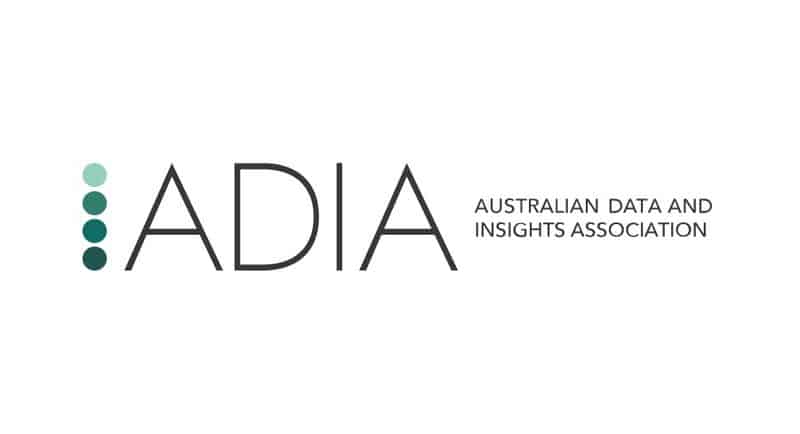Australian Data and Insights Association (ADIA) supports the Australian Communications and Media Authority (ACMA) scam code to fight SMS scams and protect the public.
But, ADIA also believes there is a need for Government to work with industry to ensure that legitimate market and social research needs are met without additional costs to business and, in the case of government research, the taxpayer.
ADIA noted that they would welcome the opportunity to work with Government, telcos, and stakeholders to support these new protective measures, while recognising the need for further action to enable legitimate research calls to be made.
Market and social research relies on connecting with people who choose to share their views to enable the delivery of important consumer insights on Government, social policy and commercial issues and initiatives.
George Zdanowicz, ADIA President, said: “Rigorously protecting people’s personal information, ethical behaviour, and independent certification are the key pillars that underpin ADIA member company compliance.
“The ACMA’s recommendations to improve consumer privacy protections requiring telcos to identify, trace and block SMS scams is a welcome initiative. Scammers not only affect individuals but also negatively impact the quality of work that legitimate research organisations are doing to inform important government and business decisions.
“We agree with the ACMA that Australians ‘shouldn’t have to screen messages and adopt workaround behaviours to feel safe and stay connected’, particularly when it comes to providing important feedback regarding social issues that matter to them.
“Research plays an important role in society – from studies on public health, education, and climate change in Australia to surveys about customer satisfaction and the development of products and services – market and social research provides valuable information about the society in which we live.

ADIA President George Zdanowicz
“This information helps government, commercial and not-for-profit organisations make informed decisions based upon the interests and needs of their constituents, clients, and the public. Scammers across mobile and digital platforms need to be called out,” he added.
The ADIA said scam calls and SMSs were impacting its members’ ability to conduct vital consumer research with legitimate research calls and SMSs being mislabelled, and consumer non-response rates rising, as is the cost of conducting research, particularly by telephone.
Zdanowicz continued: “The Telecommunications (Telemarketing and Research Calls) Industry
Standard differentiates between telemarketing and research for a good reason – ADIA member organisations conducting research never sell anything – research is only interested in people’s opinions and feedback to inform evidence-based decisions and this is why we are calling for an exception, via the recognition of an industry white-list, for legitimate research calls.”
Personal information for market and social research conducted by ADIA member organisations is collected only with specific, informed consent and under strict codes and practices. High-quality telephone research that informs government policy and business decisions relies on connecting with the people whose opinions count – the public.
ADIA member companies have a long and successful track record in safeguarding respondent personal data and continue to conduct legitimate research working under strict privacy rules that protect confidentiality and prohibit any selling.
The Privacy (Market and Social Research) Code 2021 imposes some additional requirements including:
• personal information collected for market and social research is de-identified, unless required for legitimate research purposes (e.g., longitudinal studies or at the respondent’s request)
• participation by research subjects in market and social research as carried out by ADIA members is always voluntary
• market and social researchers use the information collected only for research purposes.
ADIA member organisations adhere not only to Australia’s first and only Australian Privacy Principles (APP) registered industry privacy code but also an industry ‘Trust Mark’ – a seal of endorsement that assures business and government organisations they are buying research that is quality-tested and meets not only ethical standards but also goes over and above minimal privacy legislation.
The Trust Mark provides the highest level of protection to companies using research services, and in turn, to consumers.
